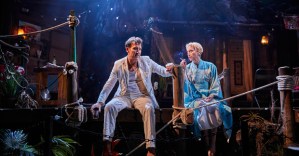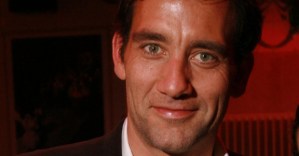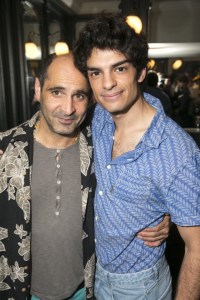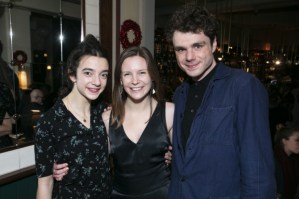Review: The Night of the Iguana (Noël Coward Theatre)
Clive Owen, Anna Gunn and Lia Williams star in the revival of Tennessee Williams’ play
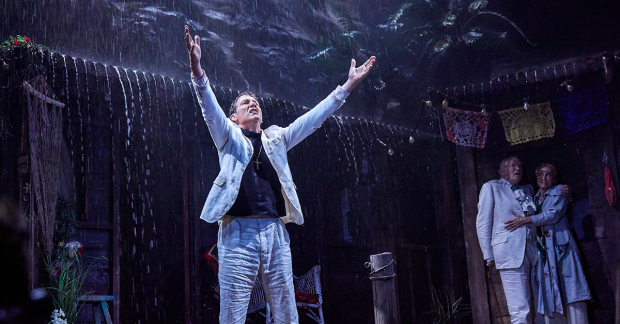
© Brinkhoff Moegenburg
In the summer of 1940, a tormented Tennessee Williams was holed up in a Tahiti hotel, doubting his abilities, despairing of his future, and drinking rum-cocos on credit. Salvation eventually came in the form of a fellow guest – a young writer feeling equally desolate. Williams wrote of that summer: "all which is most valuable in life is escaping from the narrow cubicle of one's self… to a hammock beside another beleaguered being."
His experiences inspired this intensely human play, and its heart is the connection we find in shared troubles.
In the summer of 1940, this time in a dilapidated Mexican hotel, four struggling souls collide. Each is trying to move forward but, like the iguana that the hotel staff have tied up in the rainforest below, each one is flailing, tethered to the spot by an emotional noose.
For Reverend Lawrence Shannon, a defrocked minister-turned-tour guide, it is what he calls "the spook" – a cocktail of anxiety and depression, religious confusion and repressed sexuality, that sees him break down every 18 months. Accused of raping a young girl on his tour, he is clinging to his sanity by violently shaking fingertips. The hotel's owner Maxine Faulk, Shannon's old friend, is mourning the recent death of a husband she no longer loved. And the enigmatic Hannah Jelkes, a broke, itinerate painter, is struggling to support her 97 year-old grandfather, Nonno, a poet fighting memory loss to complete his final work.
James Macdonald's direction is meticulous. Characters are deftly crafted, their collisions and connections beautifully controlled, and Williams' wit sings out – although the jubilant German guests gloating over the Luftwaffe's victories lands oddly.
There is a powerhouse trio of designers at work, too, with Tonys and Oliviers aplenty between them. Rae Smith's set is a perfect symbol of Shannon's psyche – crumbling, claustrophobic, and prone to violent outbursts, as when a thunderstorm drenches the stage. Neil Austin's lighting and Max Pappenheim's jungle sounds plunge the set into an oppressive tropical heat.
The cast is equally full of power players. Anna Gunn (best known as Breaking Bad's Skyler White) makes an impressive West End debut as Faulk – a tangle of grief and desire, toughness and heart, all barely disguised by lascivious bravado and an easy laugh. Julian Glover's Nonno, gentle and cheery, even as his failing mind sabotages his art, is quietly moving. And Clive Owen, returning to the West End stage for the first time in 18 years, gives an arrestingly physical performance as Shannon. Jelkes accuses Shannon of enjoying his panic attacks and staging his own personal crucifixion. If we're meant to see Shannon's histrionics as an act, then Owen's jittering, groaning and thrashing is spot on. If not, he might have over-spiked the rum-coco.
But it is Lia Williams as Jelkes who really shines, balancing delicate sensibilities with grit and a hustler's chutzpah. Like Blanche Dubois with a backbone.
Jelkes's interactions with Shannon are enthralling – her quiet strength puncturing his melodrama; the recognition of their kindred spirits slowly building. And her scenes with Faulk are some of the best in the play. Ostensibly focused on Shannon – who he wants, how he should be cared for – they are actually a careful dance of female power, pride and empathy.
If human connection is this play's heart, then Williams as Hannah Jelkes is the pulse.


